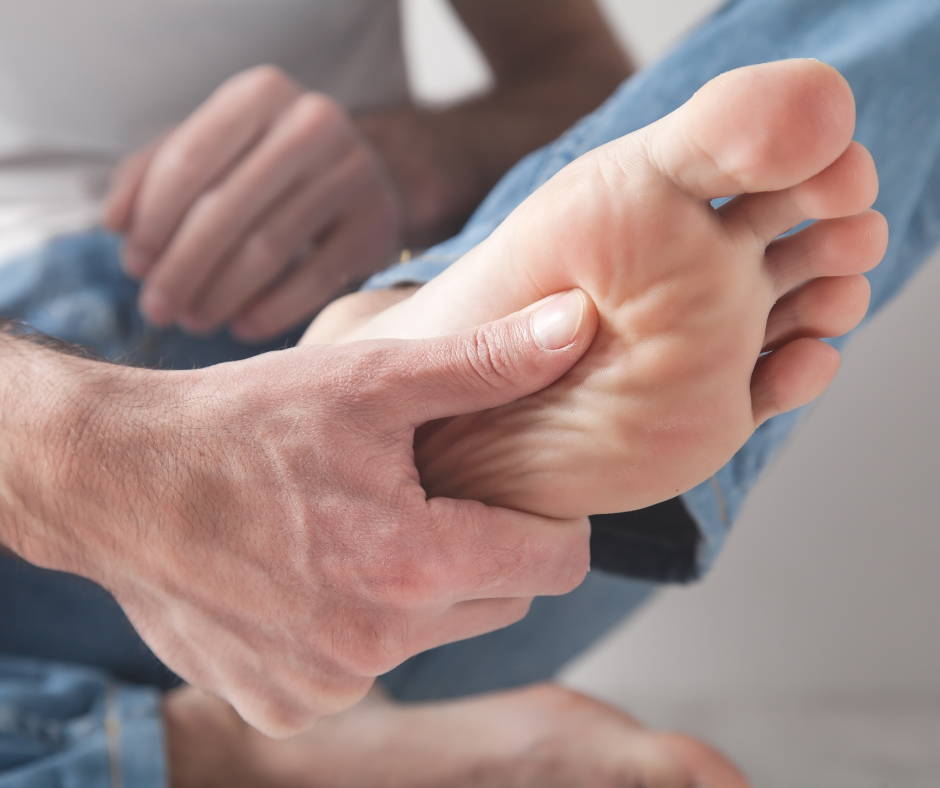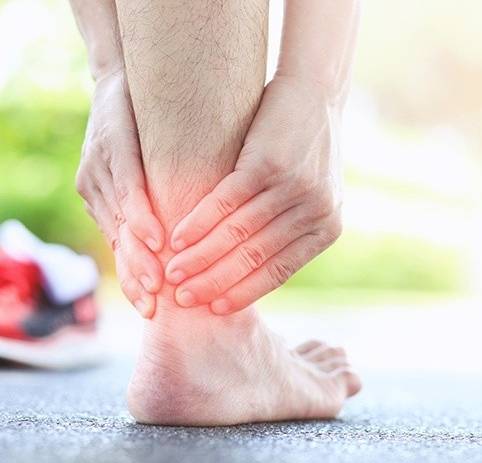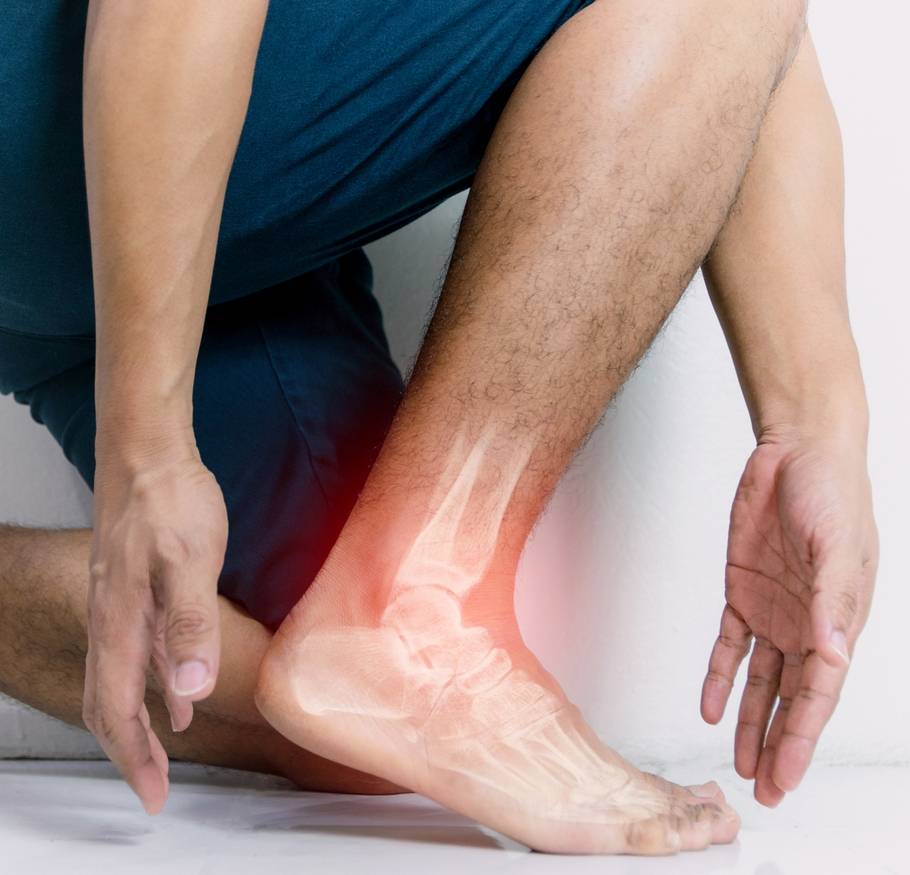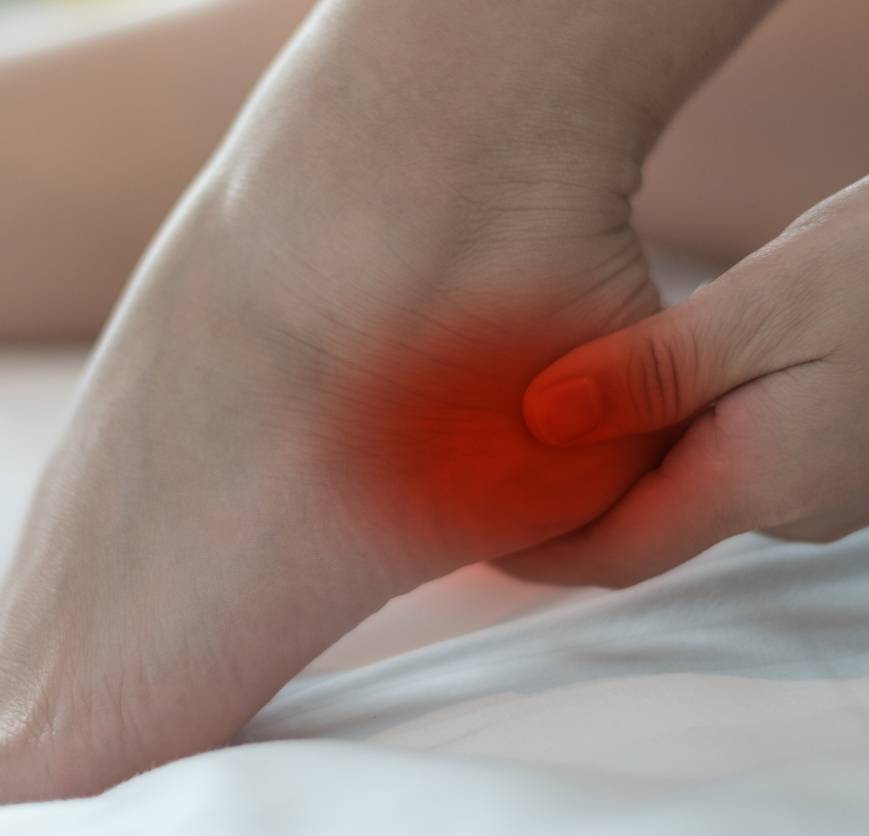What Is Neuropathy?
Neuropathy is damage or dysfunction of one or more nerves that typically results in numbness, tingling, muscle weakness, and pain in the affected area. Neuropathies often cause weakness, numbness, and pain, usually in the hands and feet. It can also affect other areas and body functions including digestion, urination, and circulation.
Neuropathy results when nerve cells, called neurons, are damaged or destroyed. This disrupts the way the neurons communicate with each other and with the brain. Neuropathy can affect one nerve (mononeuropathy) or nerve type, a combination of nerves in a limited area (multifocal neuropathy), or many peripheral nerves throughout the body (polyneuropathy).

What Causes Neuropathy?
Peripheral neuropathy can cause foot problems that lead to blisters and sores. If peripheral neuropathy causes you to lose feeling in your feet, you may not notice pressure or injuries that lead to blisters and sores. Diabetes can make these wounds difficult to heal and increase the chance of infections. These sores and infections can lead to the loss of a toe, foot, or part of your leg. Finding and treating foot problems early can lower the chances that you will develop serious infections.
This type of diabetes-related nerve damage can also cause changes to the shape of your feet and toes. A rare condition that can occur in some people with diabetes is Charcot's foot, a problem in which the bones and tissue in your foot are damaged.
Peripheral neuropathy can make you more likely to lose your balance and fall, which can increase your chance of fractures and other injuries. The chronic pain of peripheral neuropathy can also lead to grief, anxiety, and depression.
How To Relieve Neuropathy?
Lifestyle and home remedies to help you manage neuropathy:
- Take care of your feet, especially if you have diabetes. Check daily for blisters, cuts, or calluses. Wearing soft, loose cotton socks and orthopedic shoes can improve your gait and help prevent foot injuries. You can use a semicircular hoop, which is available in medical supply stores, to keep bedcovers off hot or sensitive feet.
- Exercise. Regular exercise, such as walking three times a week, can reduce neuropathy pain, improve muscle strength and help control blood sugar levels. Gentle routines such as yoga and tai chi might also help.
- Quit smoking. Cigarette smoking can affect circulation, increasing the risk of foot problems and other neuropathy complications.
- Eat healthy meals. Good nutrition is especially important to ensure that you get essential vitamins and minerals. Include fruits, vegetables, whole grains, and lean protein in your diet.
- Monitor your blood glucose levels. If you have diabetes, this will help keep your blood glucose under control and might help improve your neuropathy.

Recommended Shoes For
Neuropathy
WALKHERO shoes feature patented comfort technology and a unique design to relieve Neuropathy, making these shoes the perfect shoe for walking, standing or exercising. WALKHERO shoes are designed to control pronation and reduce tendon strain. In addition, superior heel stability and superior arch support further reduce stress on the Neuropathy.




